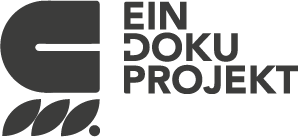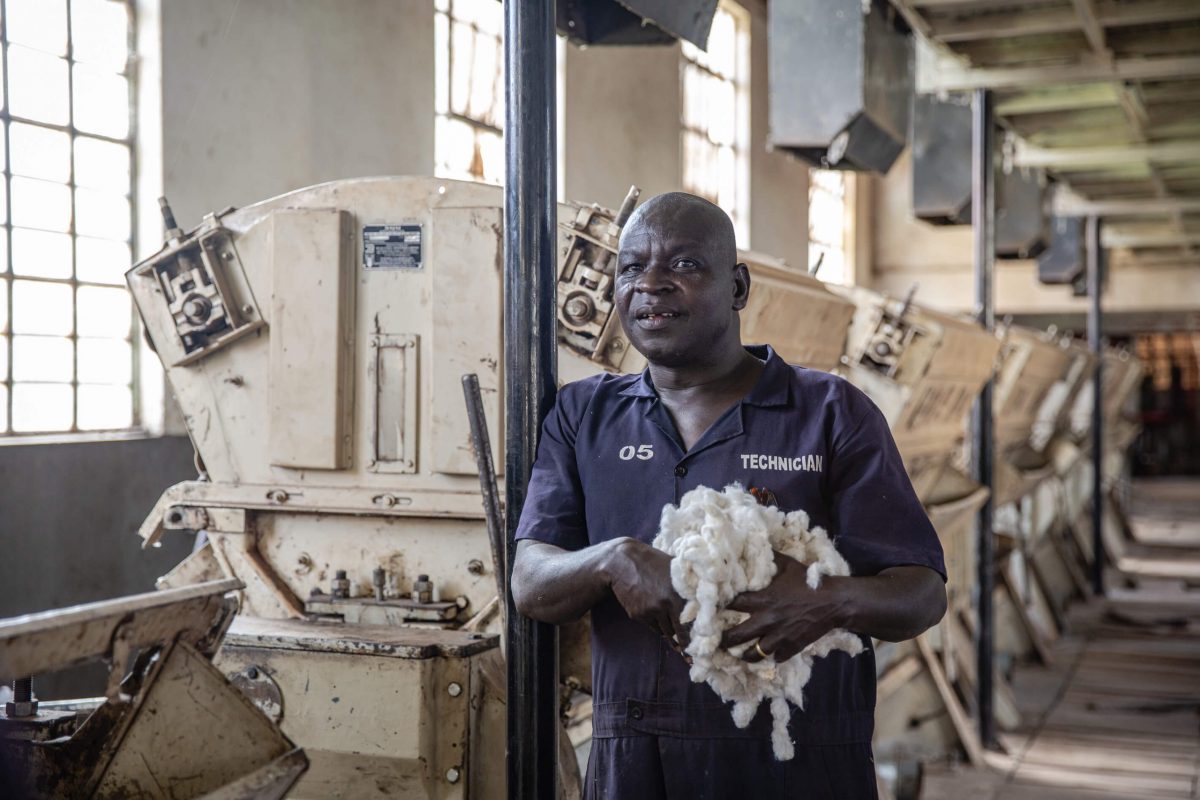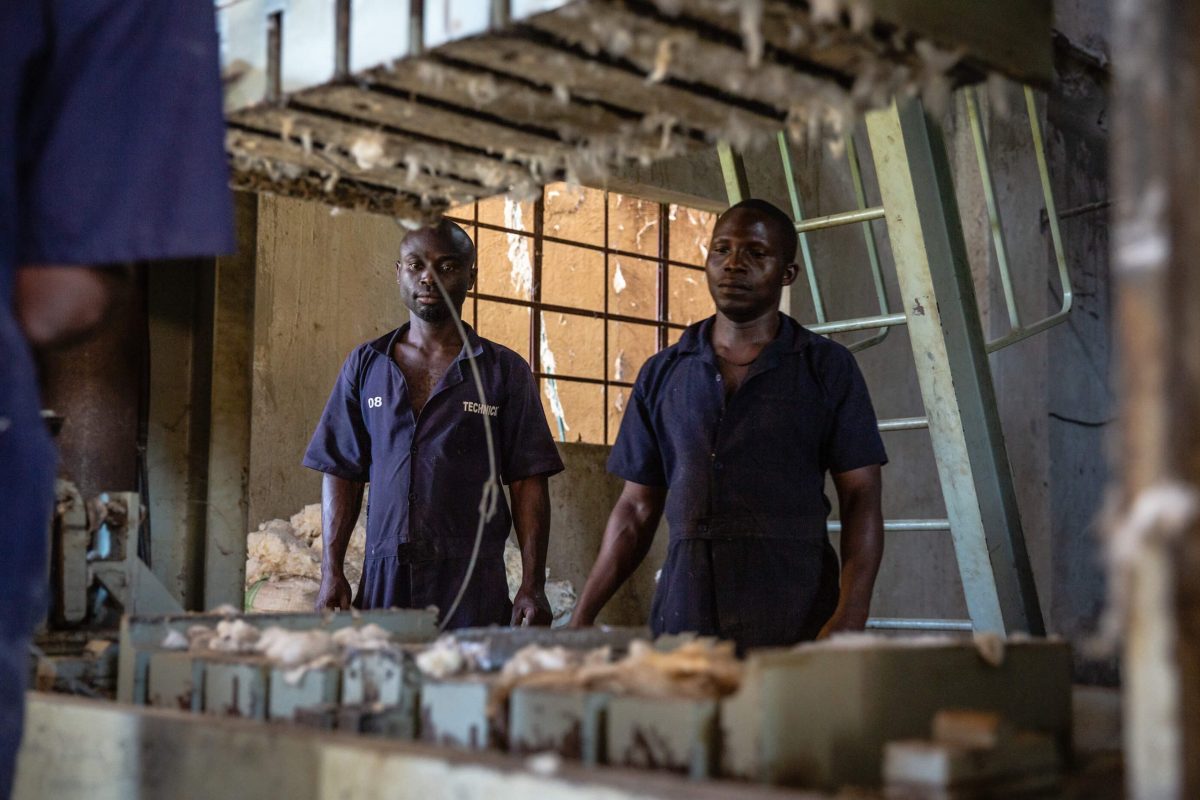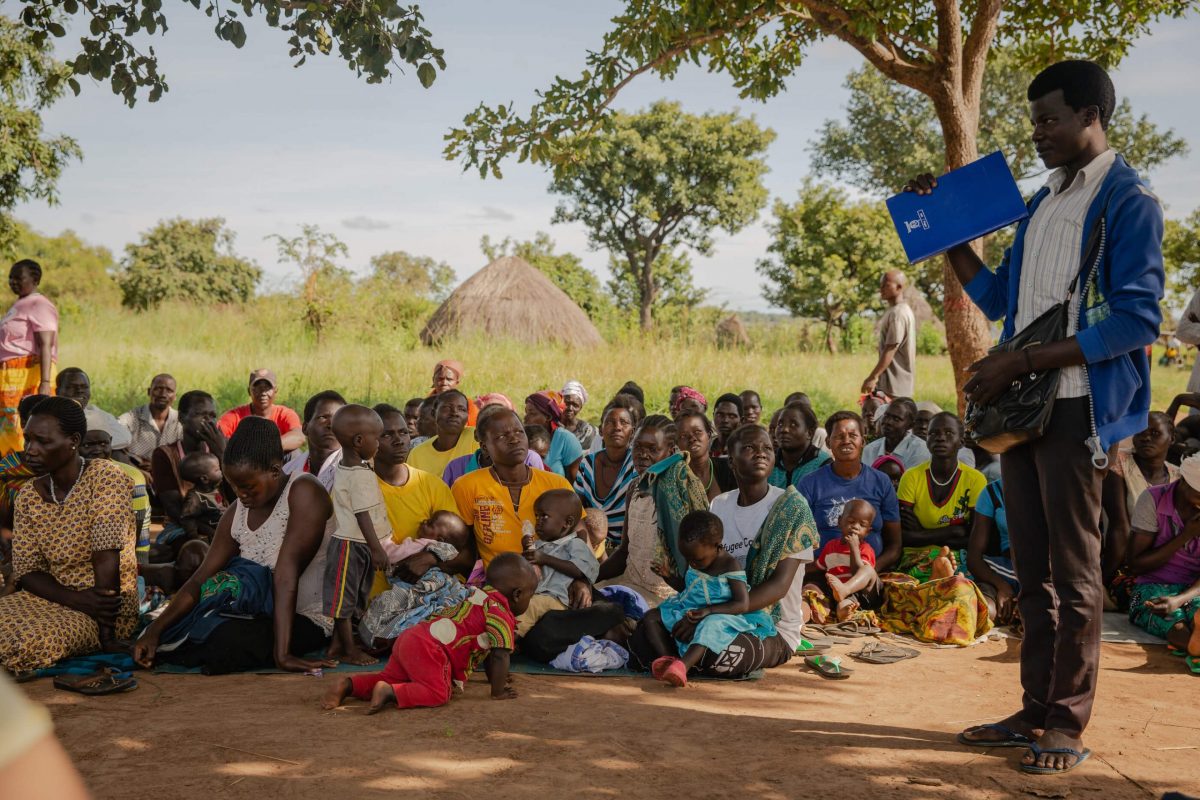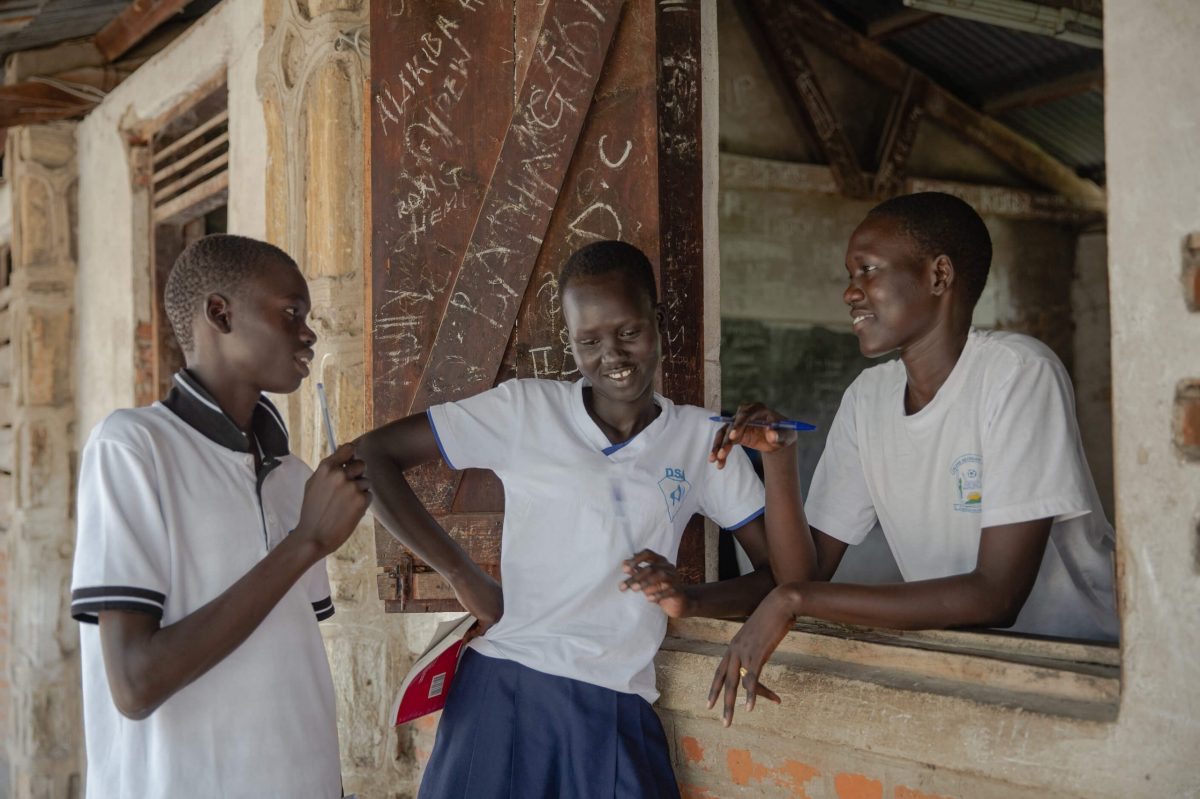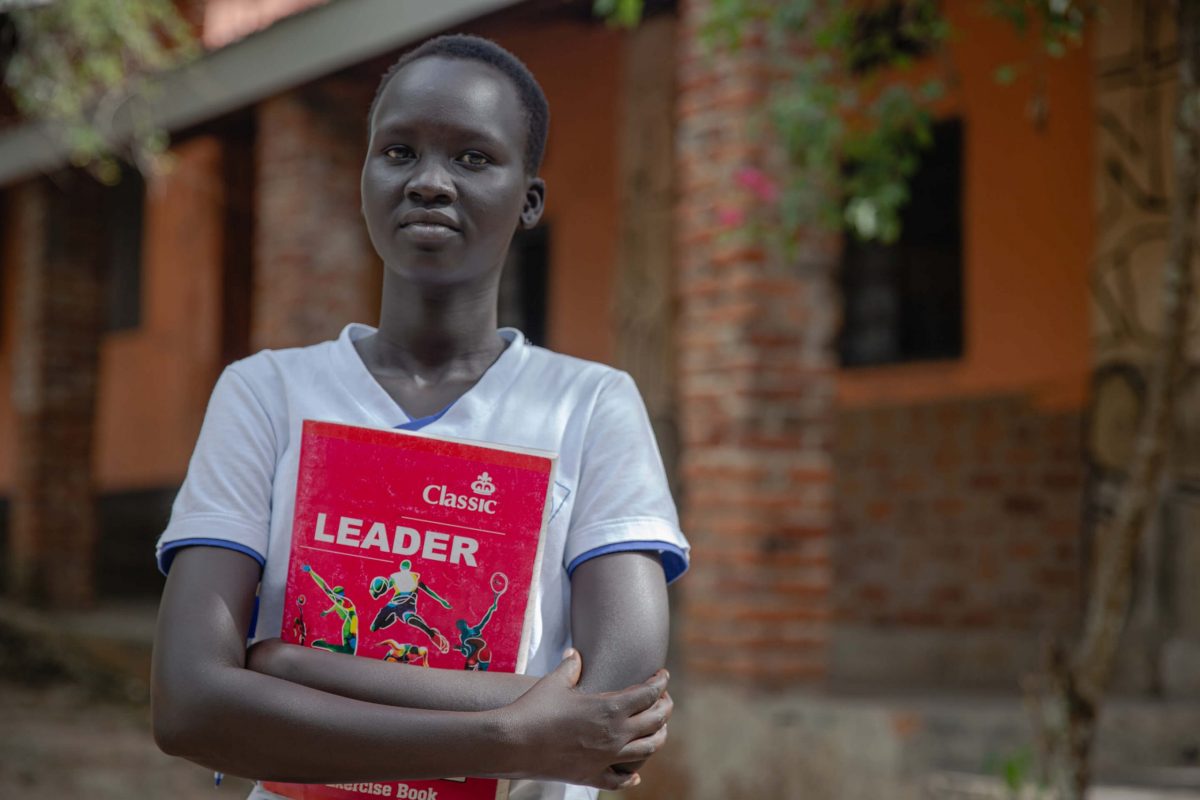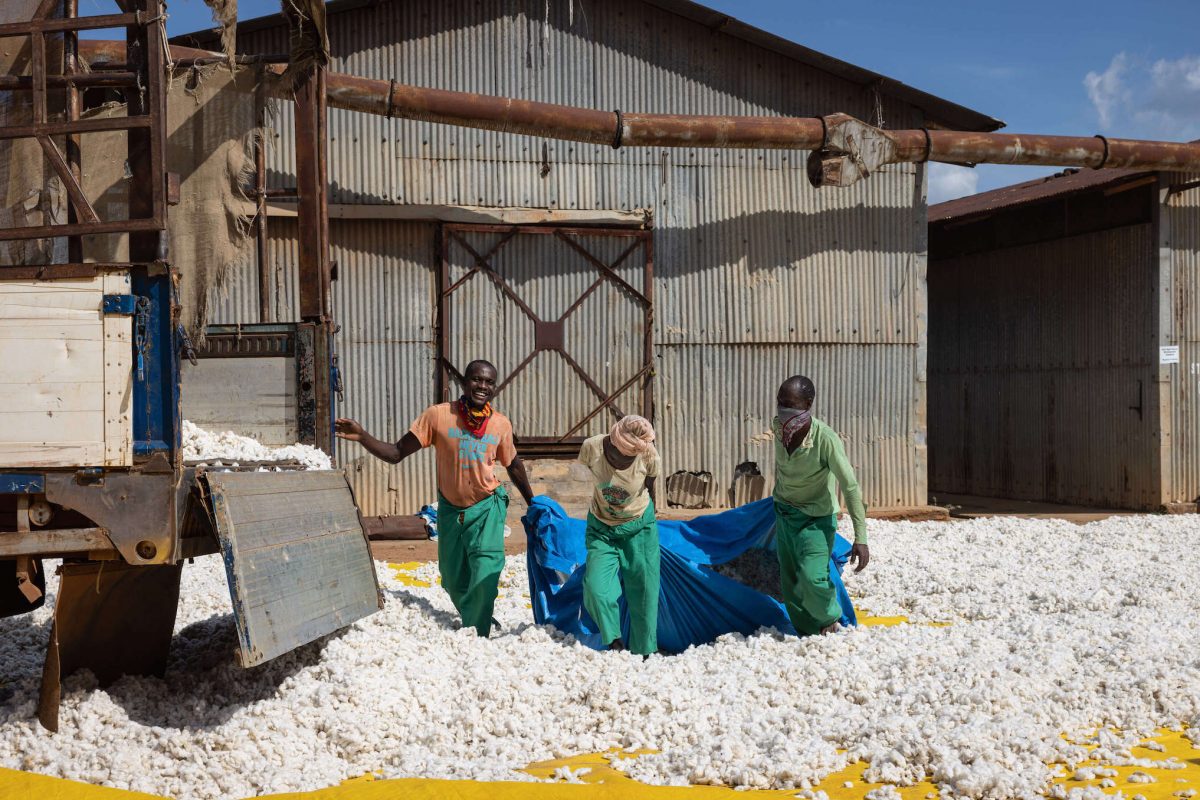Interview
We absolutely have to tell the good stories as well.
Stefan Rennicke on a cotton cooperative in northern Uganda.
Background
Cotton Work in the Gulu region – a story from East Africa.
Few stories have fascinated us as much in recent years as that of the Gulu Agricultural Development Company (GADC) in northern Uganda. For almost 20 years, war raged in the region between the Lord’s Resistance Army (LRA) and the Ugandan army. The rebel group displaced more than two million people, abducted thousands of children and committed numerous atrocities. At its center was the town of Gulu. After 2006, hostilities ended, leaving behind a largely destroyed and deserted region. Slowly, the farmers returned and with their return, an agricultural cooperative was established in Gulu, centered on an old destroyed cotton processing plant. It was painstakingly repaired and is now the heart of a cooperative that works with about 120,000 small and micro farmers.
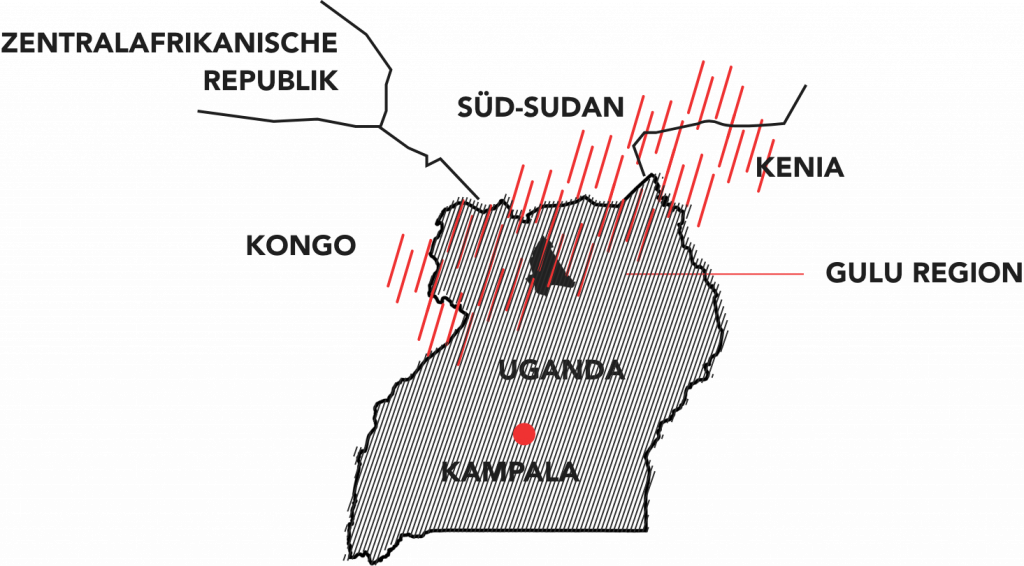
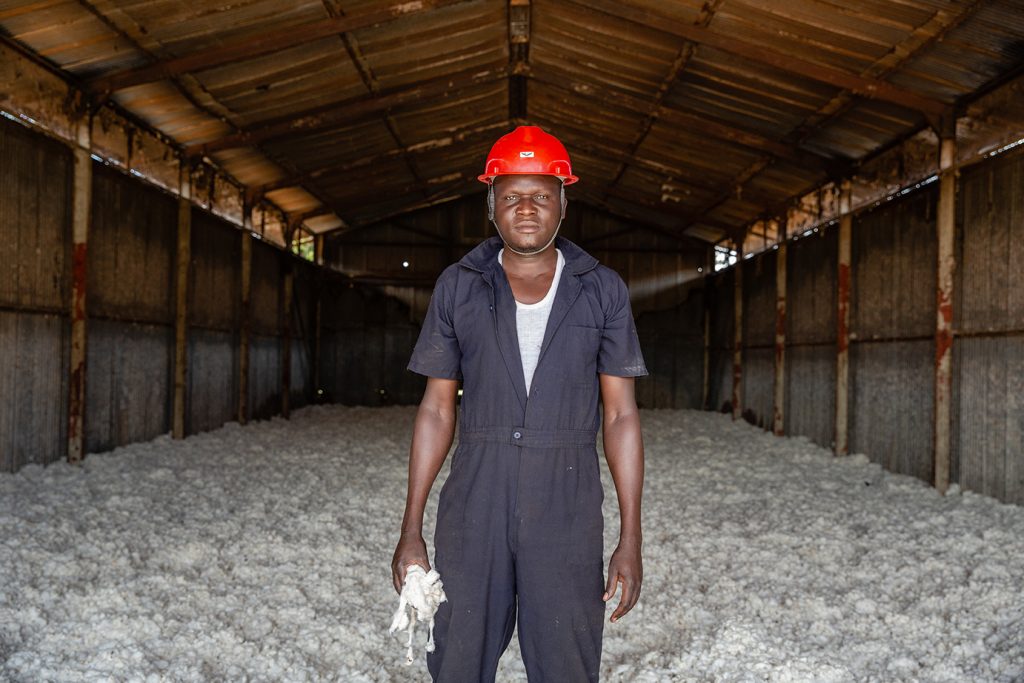
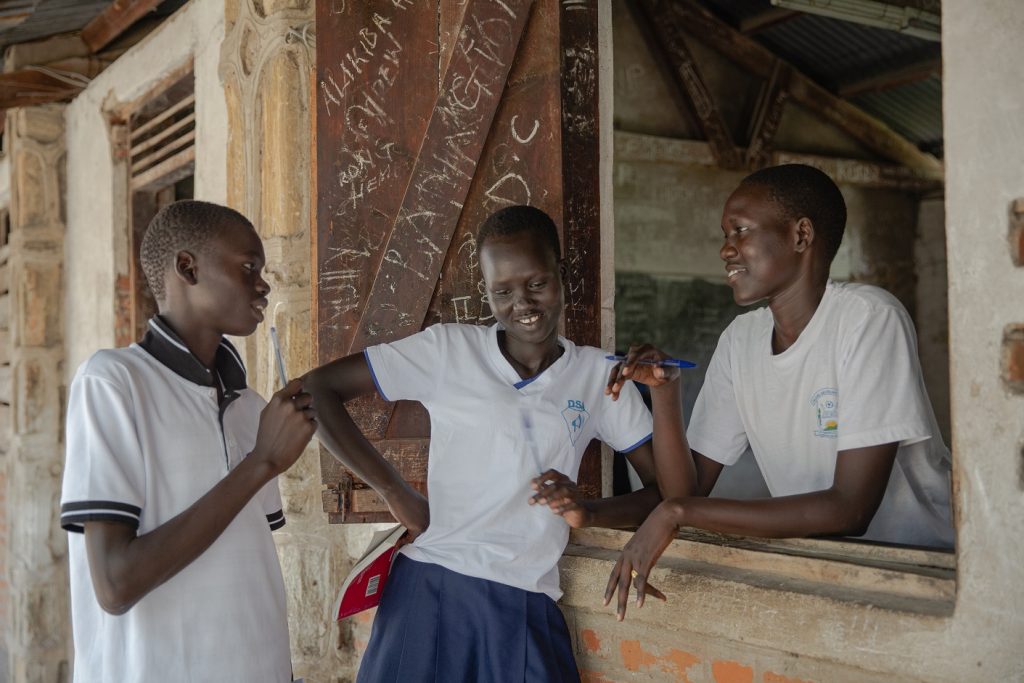
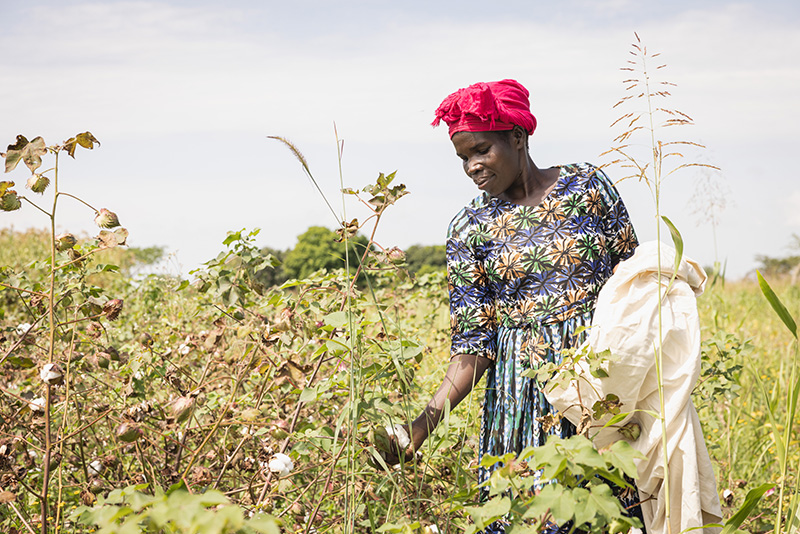
Portraits by Esther
SHORT DOCU – PART 1
The GADC-Story
Cotton Work is a film project that portrays the farmers of the Gulu Agricultural Development Company (GADC) and the cooperative itself in three short documentaries and places them in the context of the region’s eventful history. The farmers portrayed produce sesame seeds, chillies, sunflowers but above all cotton for the world market. And they do so largely unnoticed. Neither do consumers know who grows the cotton nor do the cotton farmers have a precise idea of what happens to their cotton. The beginning and end of the production chain are unknown to each other.
Moreover, the project also tells a story of courage and new beginnings. In recent years, GADC has made a significant contribution to the Gulu region regaining stability after years of civil war. Thus, the Cotton Work project tells a story that stands in contrast to the common negative stereotypes of cotton farming.
Kurzdoku – Teil 2
Cotton Produktion – Planting
In the second part, Cotton Work accompanies the cotton farmers as they sow the plants. They show us the origin and first step of all cotton production and explain how they have to deal with the effects of climate change.
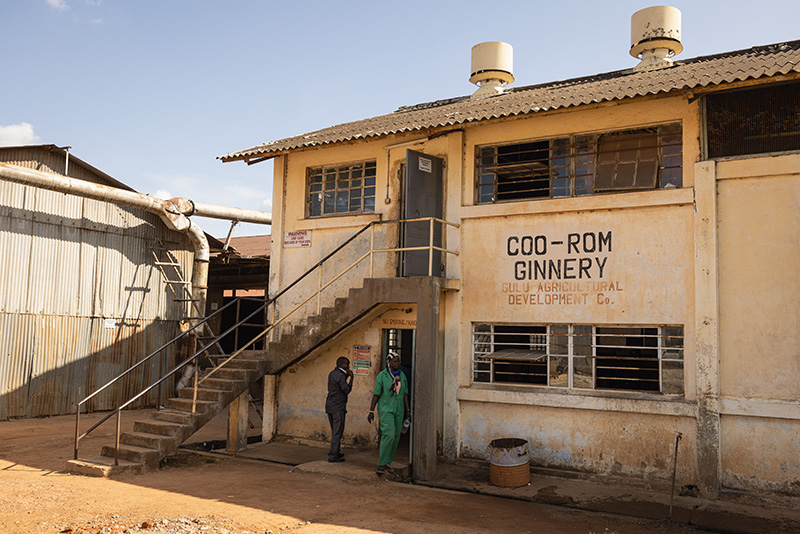


The GADC is working on the future of the region.
The Gulu Agricultural Development Company (GADC) was founded after the end of an almost 20-yearwar in northern Uganda. At the center of the cooperative is an old cotton ginnery, badly damaged by the war, which was rehabilitated with the aim of cleaning and ginning cotton and then selling it in bales. After the war ended, many farmers returned to their land, but decades of living in refugee camps had led to a loss of knowledge of farming methods.
GADC established a system of training for small and micro farmers to impart knowledge on traditional and sustainable farming. GADC now has 400 employees, both permanent and seasonal, and works with about 120,000 small and micro farmers. Contrary to the widespread stereotypes of harmful cotton cultivation, the work of GADC and the farmers associated with it shows that cotton cultivation also works without artificial irrigation and massive use of pesticides.
Cotton, along with sesame, chillies and sunflowers, is just one of the many crops grown in rotation. The work in the fields has secured the livelihood and future of the returning farmers and consolidated the stability of the region. And yet, cotton is produced for the international market and the textile industry, and the contrast between raw material and the end product or producers and consumers could hardly be greater.
Kooperative
Storyteller
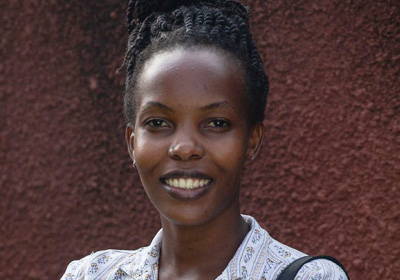
Esther Ruth Mbabazi
Esther Ruth Mbabazi is a photojournalist and filmmaker from Kampala, Uganda. Her work describes the changing conditions on the African continent, focusing on the social, physical and emotional aspects of daily life. Her work has been published in the New York Times, TIME Magazine, the Washington Post, the Wall Street Journal and El Pais. Esther is the founder of The Candid Local initiative, which works with independent creatives on the African continent to tell stories from Africa with a distinct African gaze.
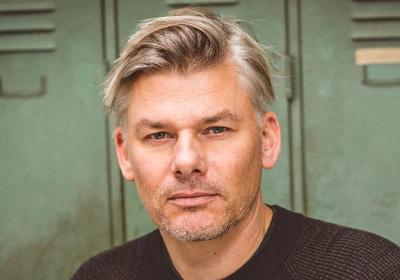
Stefan Rennicke
Stefan Rennicke has been active in international political cooperation for many years and has worked intensively with developing and emerging countries. The focus of his work was in cooperation with countries in sub-Saharan Africa. As part of this work, he has implemented numerous projects with NGOs and governments – including in countries such as Liberia, Mali, Uganda, Kenya, Lesotho, Madagascar and Rwanda. Since 2016, he has been an entrepreneur and founder of the textile company KAYA&KATO. He is an author and initiator of the Black Heart – White Teeth initiative, in which creative people come together to develop and implement projects.
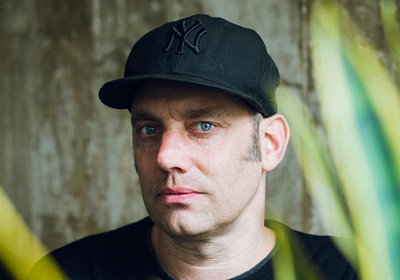
Axel Post
Axel Post runs a digital communications agency and prefers to tell stories in film form. He also likes to talk to people of all kinds. He is driven by a deep aversion to the “image film” genre. In his free time, he experiments with new formats of digital art, designs apps, attends concerts ranging from punk to indie pop and is a fan of Borussia Mönchengladbach. Post lives with his family in the west of Cologne and only knows the African continent from television.
